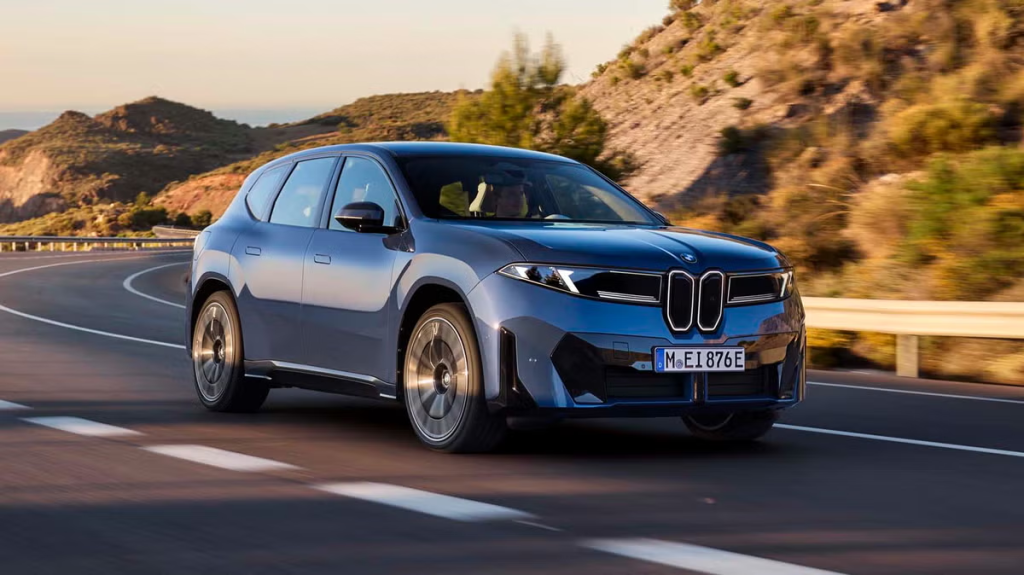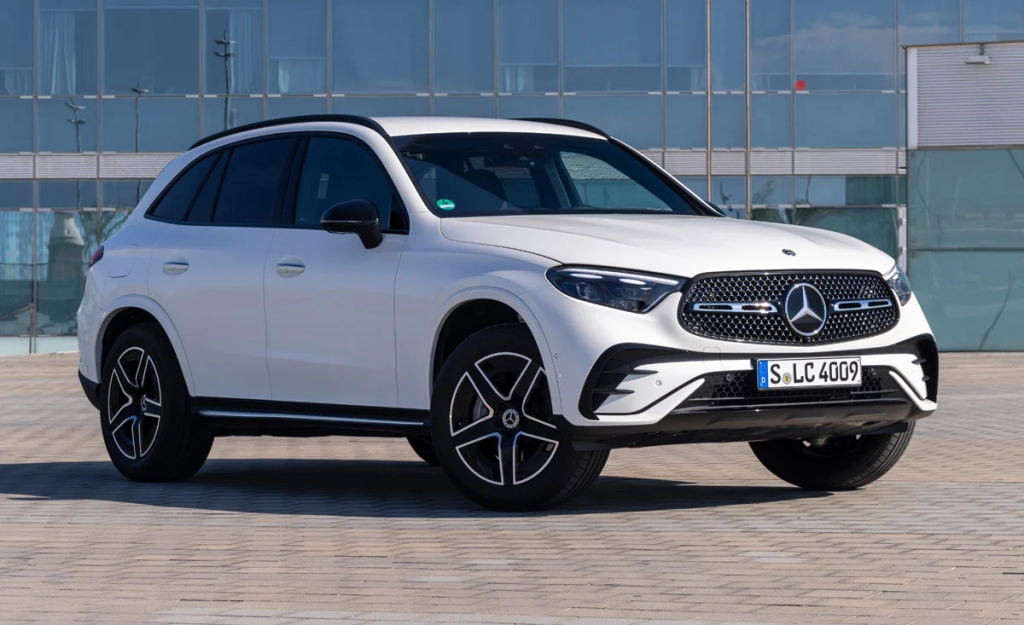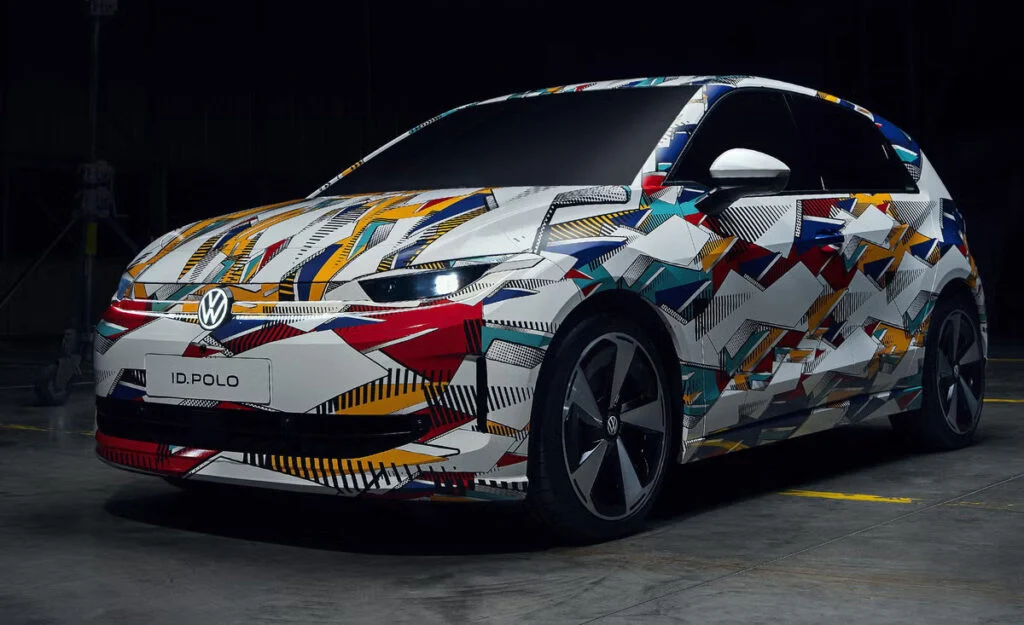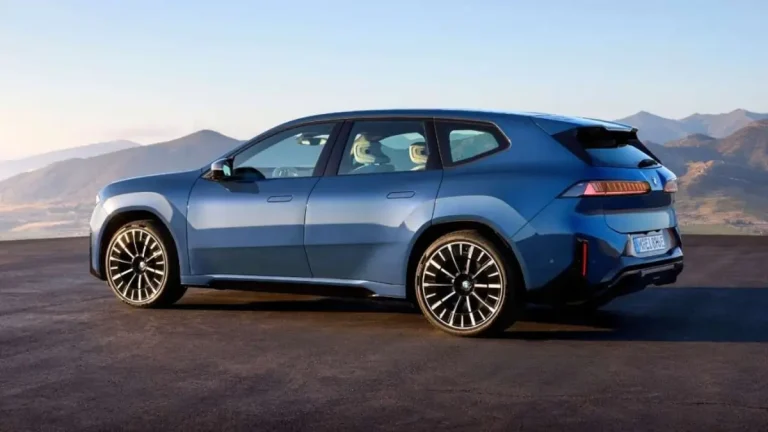German car giants BMW, Mercedes-Benz, and Volkswagen are stepping up their fight to defend Europe’s automotive market from the growing influence of Chinese car brands. Once dominant in China, German automakers have seen their grip slip as local brands led by BYD gain traction with lower prices, faster innovation, and advanced technology. Now, with the Munich Auto Show underway, Germany’s flagship carmakers are rolling out fresh electric vehicles (EVs) in an attempt to reclaim their reputation as global leaders in engineering.
Thank you for reading this post, don't forget to subscribe!The pressure is immense. German automakers face headwinds from U.S. tariffs, weak sales across Europe, and shrinking market share in China. At stake is not only the success of their newest EVs but also the prestige of an industry long regarded as a gold standard.
Analyst Felipe Munoz of Jato Dynamics put it bluntly: “This Munich motor show is very important. It’s Germany’s declaration of intent to the world especially China that they’re still an important player.”
BMW: Betting Big on Neue Klasse
BMW is leading the charge with the debut of its Neue Klasse line, a project that has already consumed more than €10 billion in investment. The first model, the iX3 SUV, was revealed on Friday, boasting upgraded software, high-performance computing systems, and a streamlined new design.
Priced at €68,900 in Germany, the iX3 outpaces Tesla’s longest-range Model Y on battery life. CEO Oliver Zipse calls it “the best overall product in the industry” and sees the Neue Klasse as the company’s boldest transformation in decades. The platform is set to underpin 40 new models in the coming years.

Also read: VW Launches All-Electric Polo to Keep Its Legacy Alive in the EV Era
Mercedes: Reinventing the Lineup
Mercedes-Benz is countering with an electric version of its popular GLC SUV, set to rival BMW’s iX3 and Tesla’s Model Y. The vehicle promises faster charging and around 30% more driving range than Tesla’s benchmark model.
Unlike BMW’s radical redesign, the GLC EV takes a more familiar approach, with a sleek body and a futuristic dashboard dominated by a full-glass panel. Crucially, this SUV is the first built on Mercedes’ new architecture, which will also power upcoming EV versions of the C-Class and E-Class.

Volkswagen: Chasing Affordability
Volkswagen is taking a different path, focusing on affordable EVs to slow the Chinese advance. At the Munich show, VW unveiled the ID. Cross concept, an electric version of a compact SUV slated for a 2026 release, offering a 13-inch infotainment system and about 420 km of range.

The company also revealed a camouflaged ID. Polo, a compact EV expected to start below €25,000 when it launches in 2026. Alongside these, VW’s Skoda brand showcased the Epiq SUV, and Cupra unveiled the Raval hatchback, both aimed at younger European buyers. All models will be built in Spain and hit showrooms from next year.
Key Features Comparison
| Brand | Model | Launch Highlight | Range (Approx.) | Price (Germany) | Key Features |
|---|---|---|---|---|---|
| BMW | iX3 (Neue Klasse) | First Neue Klasse EV SUV | Longer than Tesla Model Y | €68,900 | High-performance computing, sleek design, next-gen platform for 40 models |
| Mercedes | Electric GLC SUV | First EV on new architecture | ~30% more than Tesla Model Y | TBA | Faster charging, full-glass dashboard, foundation for C-Class & E-Class EVs |
| VW | ID. Cross & ID. Polo | Affordable compact EVs | ~420 km (ID. Cross) | Below €25,000 (ID. Polo) | 13-inch infotainment, budget-friendly, produced in Spain, targeting mass market |
The Bigger Picture
While Germany’s automakers work to impress European buyers, their toughest challenge remains in China the world’s largest EV market. There, consumers are increasingly drawn to local brands offering cheaper prices, cutting-edge software, and shorter production cycles.
Chinese manufacturers aren’t just competing at home; they’re using the Munich show as a platform to highlight their European ambitions. According to Dataforce, Chinese brands already claimed nearly 10% of Europe’s EV sales in July, with a record presence in hybrids as well.
The Munich Auto Show has thus become more than a stage for new car launches it’s a battleground for the future of the global automotive industry.
Related article: BMW B58 Engine: Specs, Performance, and Key Features Explained




